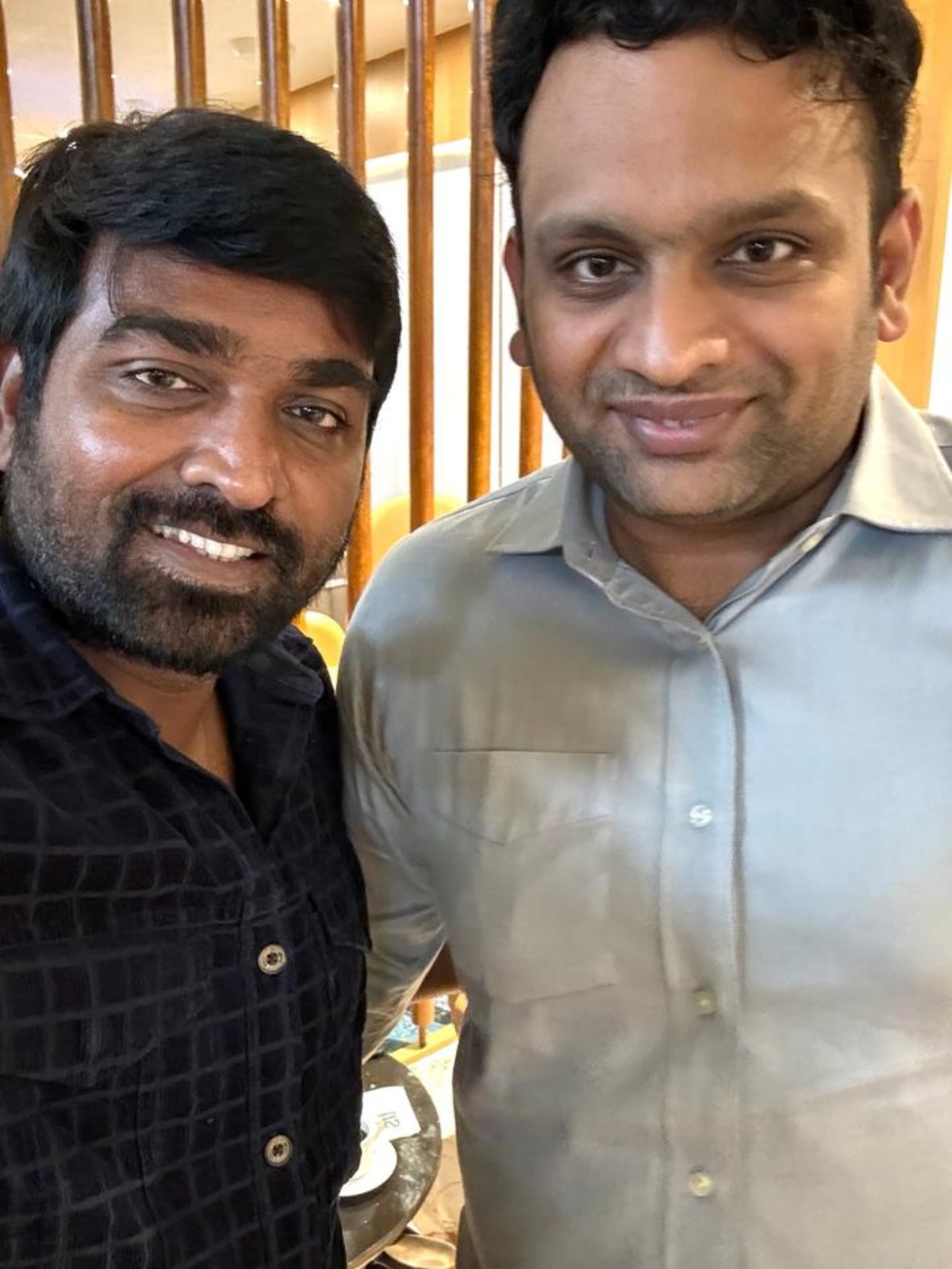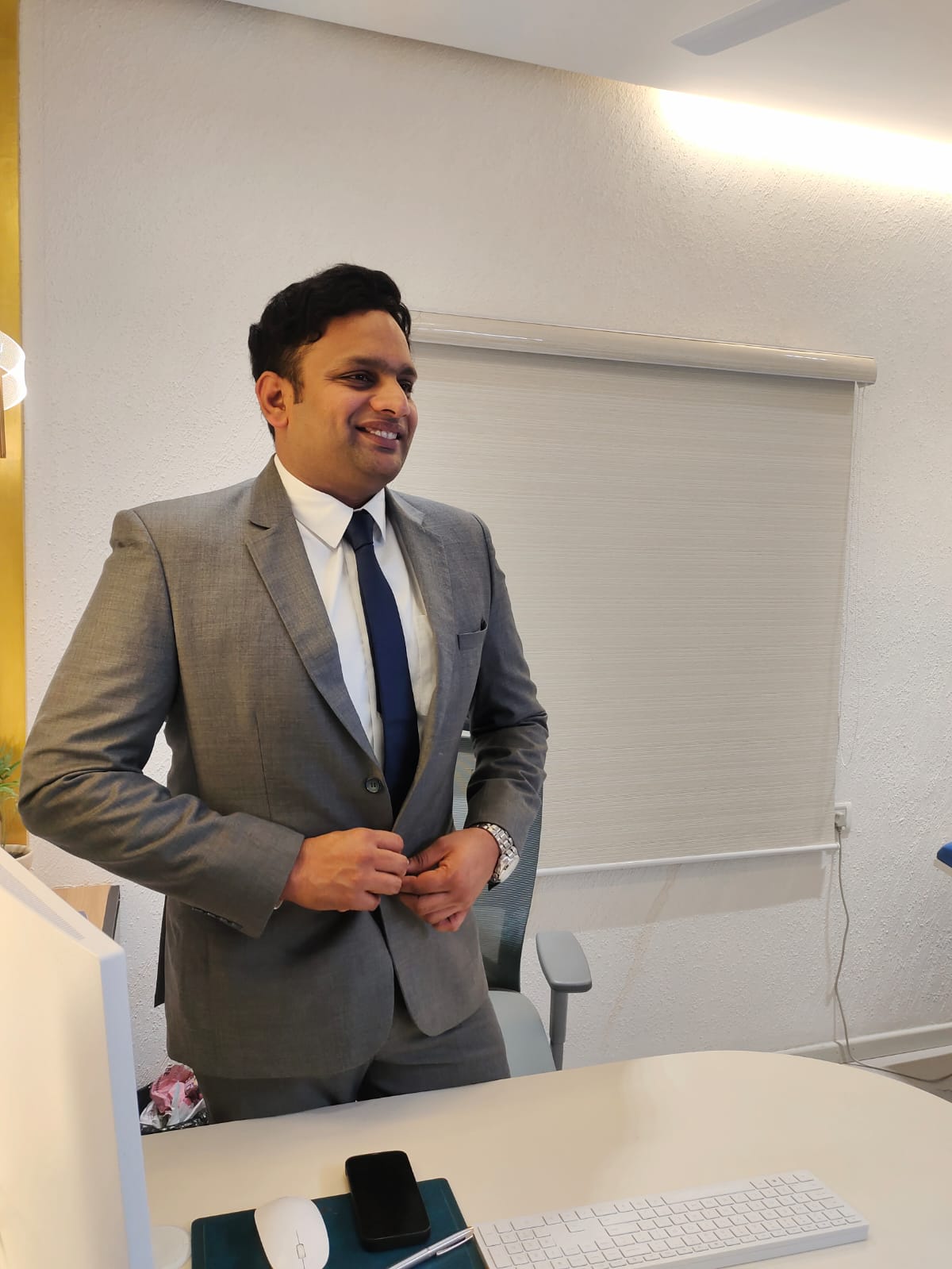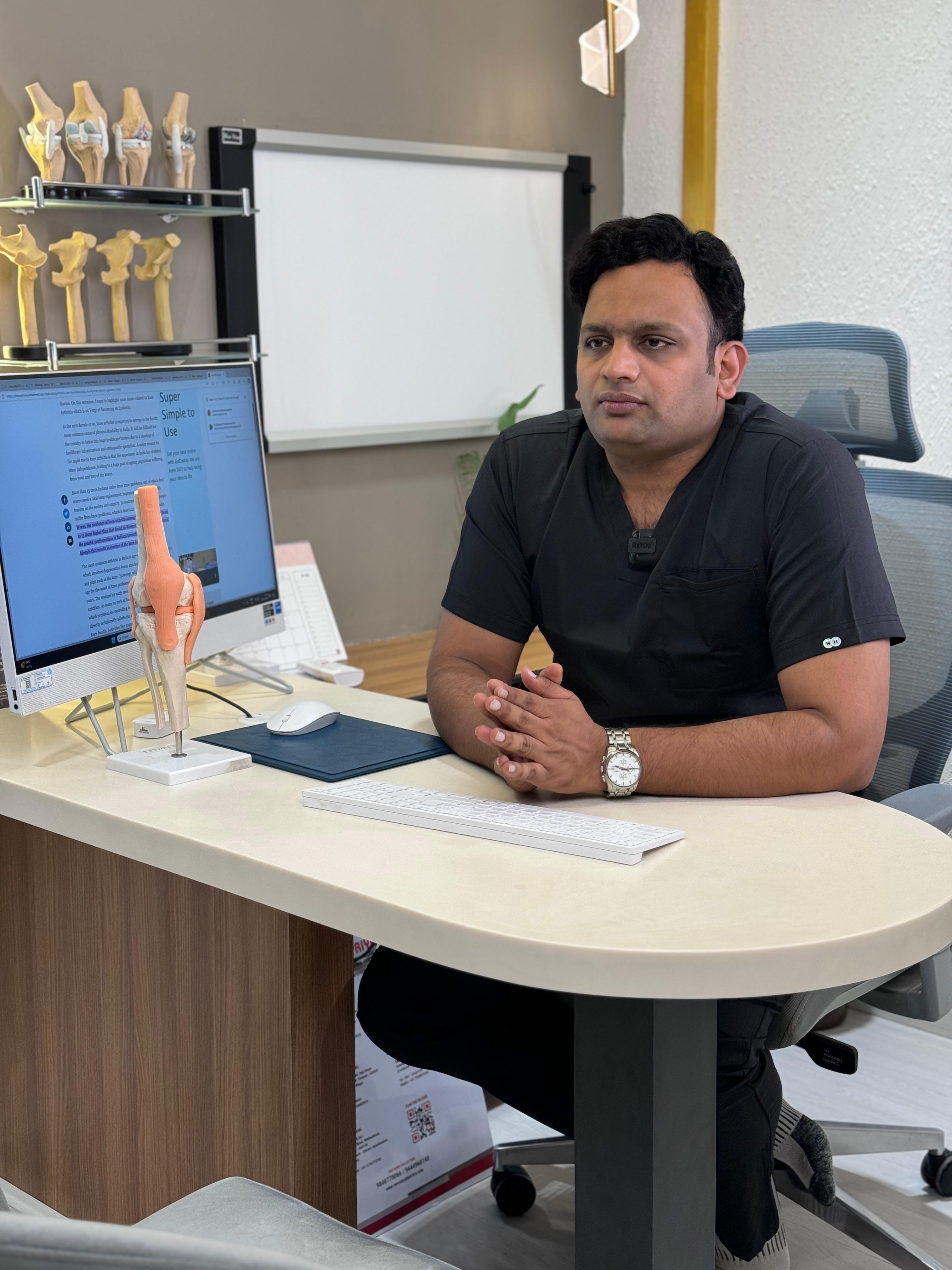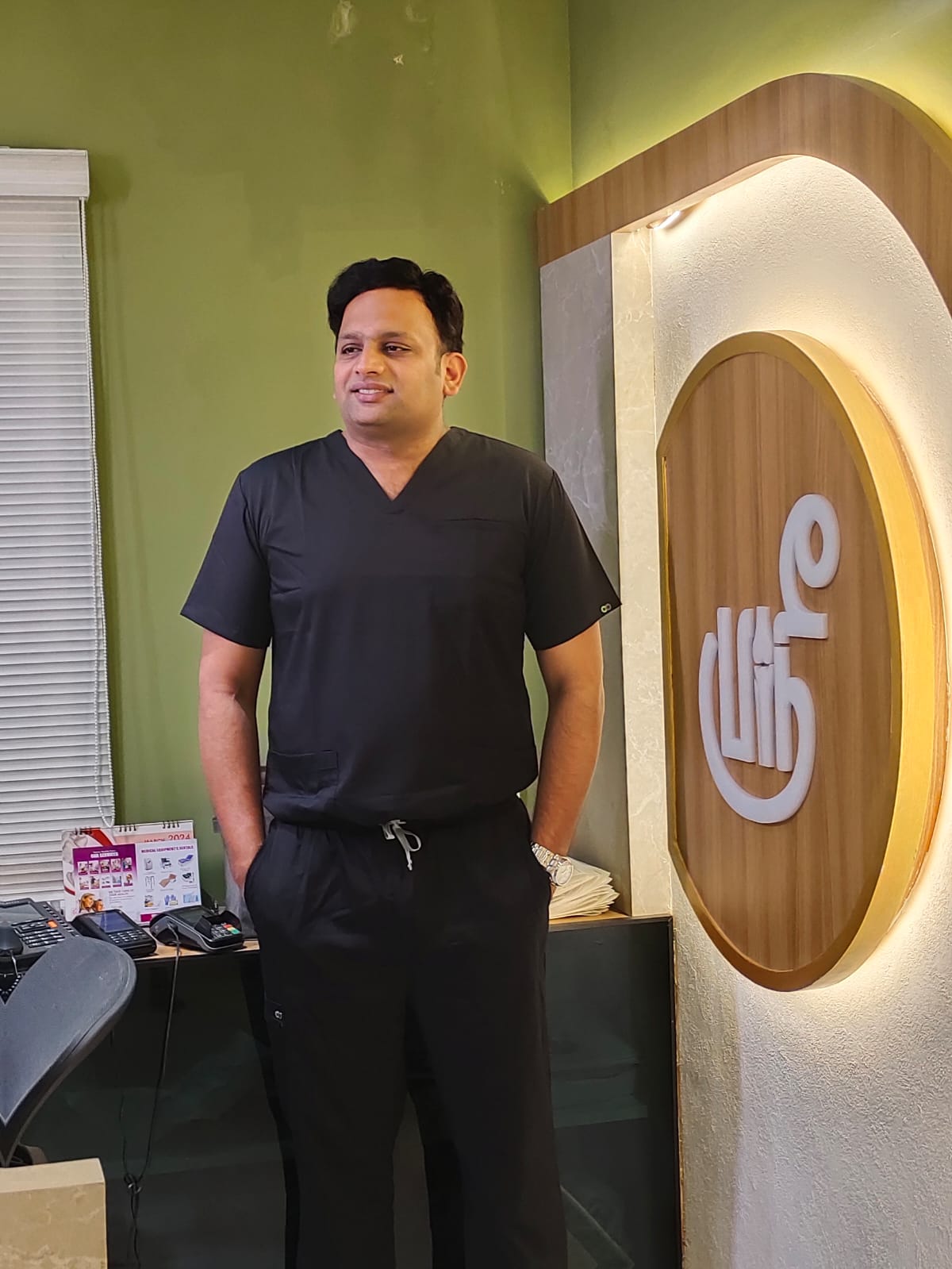What is corn foot surgery, and when is it necessary?
Corn foot surgery is performed to remove painful corn—hardened areas of skin caused by friction and pressure, usually on the toes or the soles of the feet. Corn typically develop over bony areas and result from factors like ill-fitting shoes, toe deformities, or abnormal foot mechanics.
While corn can often be managed with non-surgical treatments, such as padding, callus-removing solutions, or changes in footwear, surgery becomes necessary in severe cases where these measures fail to relieve pain or when underlying bone deformities continue to cause friction.
The surgery aims to address both the corn and its root cause. This often involves reshaping or removing the underlying bone, causing the pressure or correcting structural issues in the foot. For example, in cases where a hammertoe deformity (a condition where a toe becomes bent at the middle joint) leads to constant rubbing and corn formation, correcting the hammertoe surgically can prevent corn from recurring. The procedure may be performed under local anesthesia, and recovery time can vary based on the complexity of the surgery.
Corn foot surgery is usually considered only after conservative treatments have been exhausted, as it involves risks like infection, scarring, or changes in foot mechanics. It is recommended for patients who experience persistent pain, recurrent corn, or difficulty in daily activities due to foot discomfort. Consulting a podiatrist or orthopedic surgeon is essential for determining if surgery is appropriate based on individual symptoms and foot structure.
What are the common causes that lead to the need for corn removal surgery?
The need for corn removal surgery typically arises from persistent, painful corn that do not respond to conservative treatments. Corn form due to repeated friction and pressure on specific areas of the foot, often over bony prominences. Common causes include:
- Poorly Fitting Footwear: Tight or narrow shoes can squeeze the toes, while loose shoes may cause the foot to slide and rub against the shoe, leading to corn formation.
- Toe Deformities: Conditions like hammertoes, bunions, or claw toes cause abnormal foot mechanics, creating pressure points that lead to corn. The constant rubbing of these bony areas against footwear exacerbates corn development.
- Abnormal Gait or Foot Structure: Issues such as flat feet, high arches, or misaligned joints can alter weight distribution, increasing pressure on specific areas of the foot and contributing to corn formation.
- High-Impact Activities: Activities that put repetitive stress on the feet, such as running or jumping, can aggravate pressure points and lead to corn over time.
When corn causes significant pain, interferes with walking, or recurs due to these structural issues, surgery may be recommended. The procedure addresses the corn and any underlying structural problems, helping prevent future recurrences and alleviate pain.
What are the risks and potential complications of corn foot surgery?
Though generally safe, corn foot surgery carries some risks and potential complications. Common risks include:
- Infection: Any surgical procedure can lead to infection, which may require antibiotics or additional treatment if it occurs.
- Scarring: Scars can form at the surgical site, potentially causing discomfort or affecting the appearance of the foot.
- Recurrence of Corn: If underlying issues like bone deformities or abnormal foot mechanics are not fully addressed, corn may reappear in the same or nearby locations.
- Altered Foot Mechanics: Surgical adjustments, especially bone-related ones, can change foot alignment, potentially leading to altered gait or balance issues. This may increase stress on other parts of the foot.
- Pain or Nerve Damage: There may be residual or new pain after surgery due to nerve irritation or damage, resulting in tingling, numbness, or sensitivity in the affected area.
- Delayed Healing: In some cases, healing can take longer than expected, especially in individuals with poor circulation or conditions like diabetes, increasing the risk of complications.
A thorough consultation with a podiatrist or orthopedic surgeon can help determine the individual risk level and ensure that appropriate measures are taken to minimize complications.
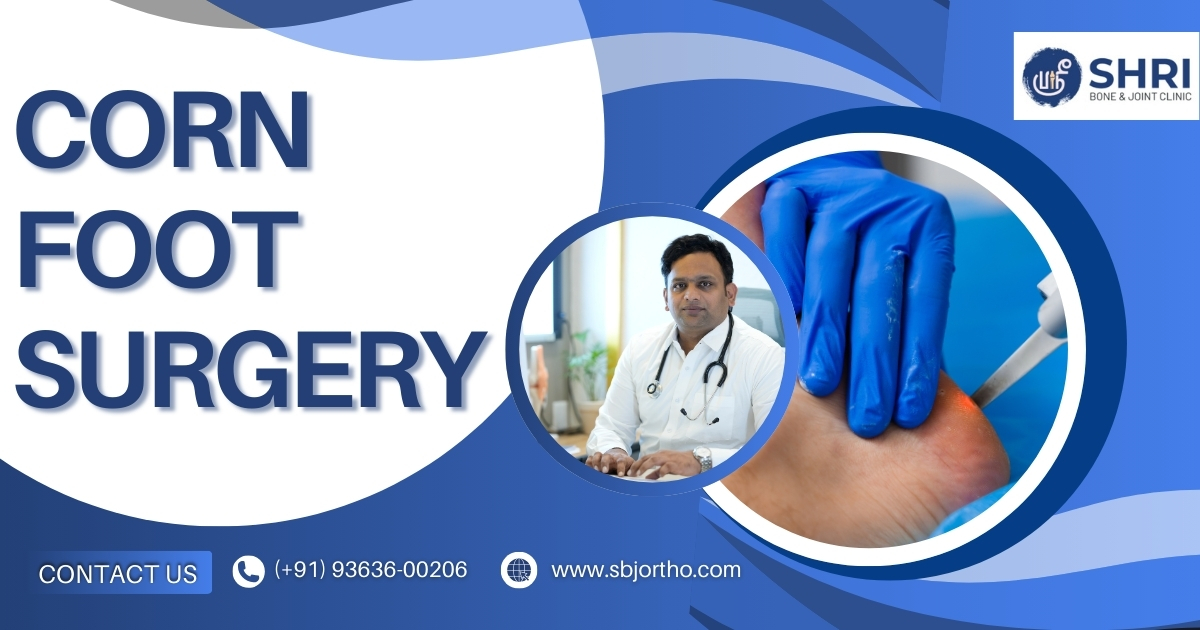
Which is the Best Hospital for Corn Foot Surgery in Chennai, India?
Shri Bone & Joint Clinic is the leading hospital for corn foot surgery in Chennai, India, offering top-tier care and expertise in orthopedic treatments. We have a top Orthopedic Specialist in Chennai in our hospitals.
Get the best Ankle Arthroscopy in Chennai from us. Known for our commitment to restoring mobility and reshaping lives, we provide comprehensive care for knee-related issues and foot conditions, including corn removal surgery.
With two branches conveniently located in Adyar and Aminjikarai, Shri Bone & Joint Clinic is accessible to patients across Chennai. We prioritize patient comfort and ensure a welcoming environment for all visitors, with a focus on individualized treatment. Get the best Femoroplasty Surgery in Chennai at an affordable medical cost only from Shri Bone & Joint Clinic. Emergency walk-ins receive the same attention and importance as scheduled appointments, ensuring that urgent cases are managed promptly.
At Shri Bone & Joint Clinic, we strive to accommodate same-day appointments based on doctor availability, providing timely relief and quality care for all knee and foot-related concerns. Feel free to reach out to us via phone, email, or website.
Who is the Best Corn Foot Surgeon in Chennai, India?
Dr. Shriram Krishnamoorthy of Shri Bone & Joint Clinic is recognized as the top corn foot surgeon in Chennai, India, and is known for his expertise and dedication to patient care. A distinguished professional, Dr. Shriram Krishnamoorthy has presented scientific research at both national and international conferences, with numerous peer-reviewed publications to his name.
His commitment to knowledge-sharing extends to regular articles in newspapers and magazines and his active role in conducting skin health awareness talks and camps for underprivileged communities.
Dr. Shriram Krishnamoorthy’s expertise is further highlighted by his selection for the esteemed ISKSAA-BOSTAA traveling fellowship awarded by the British Sports Trauma and Arthroscopy Society. During his fellowship, he trained in advanced techniques across several prominent locations in England, including London, Sheffield, Chesterfield, and Manchester.
How much does a Corn Foot Surgery Cost in Chennai, India?
The cost of corn foot surgery in Chennai, India, typically ranges from ₹15,000 to ₹50,000, depending on factors like the complexity of the procedure, the surgeon’s expertise, and the hospital facilities. Prices may vary based on individual cases, so consulting with a specialist for an accurate estimate is recommended.
Better Health Care is Our Mission
Phone
Shri Bone & Joint clinic
#1, 2nd Main Road
Nehru Nagar
Adyar
Chennai - 20.
Phone: 044 3549 0206
MGM Healthcare
No.72,
Nelson Manickam Road,
Collectorate Colony, Aminjikarai,
Chennai - 600029.
Phone: 044 4524 2424



